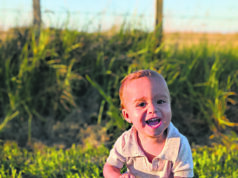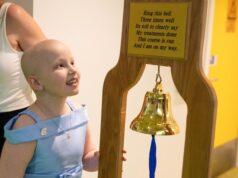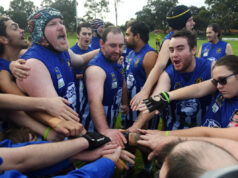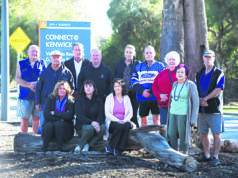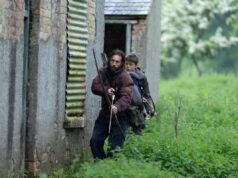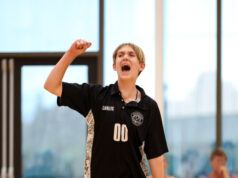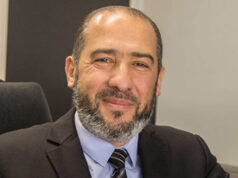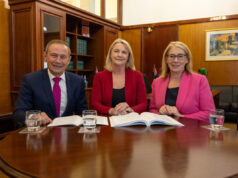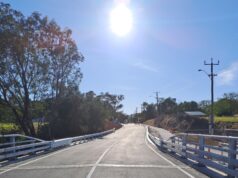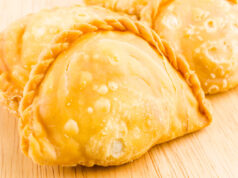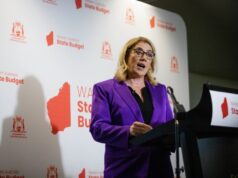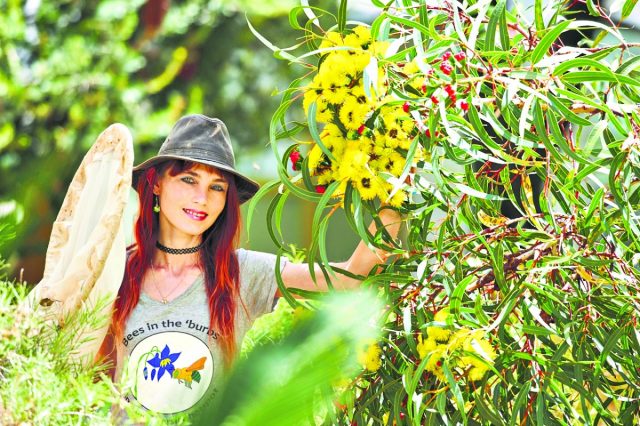
While they might not be the most approachable of backyard friends more and more people are realising the importance of bees to our environment, and one local researcher is building on career on that message.
Wilson resident and Curtin researcher Kit Prendergast was recently named among the state’s brightest young scientific minds when she was awarded runner-up at the 2019 FameLab WA semi-finals.
Ms Prendergast will present next month at the national finals on the place bees have in the lifecycle of the plants around us, and what we need to do to protect them.
“My research involves surveying bushland remnants and residential gardens around Perth to get a comprehensive picture of what native bees occur in this urbanised biodiversity hotspot, what habitats are most important for native bees and what factors influence the diversity and abundance of native bees, including what flowers they are most attracted to,” she said.
“I am a huge animal lover and passionate about environmental conservation and protecting biodiversity.
“As native bees are incredibly diverse and as keystone pollinators are vital to the functioning of ecosystems and all the species that are reliant on their pollination services, researching native bees really is my calling.”
Perth and the wider metropolitan region serves as one of the best areas available for the study of Australian bee populations, as the diversity of landscapes allows for research in different environments.
Ms Prendergast said the relationship between bees, developed areas and natural habitat is a constantly evolving one.
“As a biodiversity hotspot, Perth is recognised for its rich plethora of native wildflowers,” she said.
“Despite suffering from land clearing, Perth is quite unique in that all around our city are patches of native bushland.
“The challenge now is to convince people that such remnant bushland is indispensable for bees – and wildflora and fauna in general – and we simply cannot clear any more native vegetation to make way for development.”
Much of Ms Prendergast’s work, and the reason she was so successful at FameLab, is her ability in and dedication to getting regular people on board by explaining the science behind bee pollination and why it is so important to the ongoing health of local ecosystems.
“The single most important thing is to emphasise to governments and developers that we must not clear anymore native vegetation, and insist that any native vegation patches should be conserved, and restored,” she said.
“Ordinary residents should also emphasise to governments that native trees, such as eucalypts and bottlebrushes, should be preserved and planted along street verges.
“In their own backyard, people should retain native trees, and plant native wildflowers, which provides food for native bees, many of which will only forage on native wildflowers.
“Native bees also need nesting habitat.
“There are a great number of ground-nesting bees, so to support them, don’t pave over your garden, don’t overdo mulching, and make sure you leave patches of bare ground.
“For native bees that naturally nest in small pre-made cavities in wood, you can create and install bee hotels.”
More information can be found at the Bees in the ‘Burbs Facebook page.


